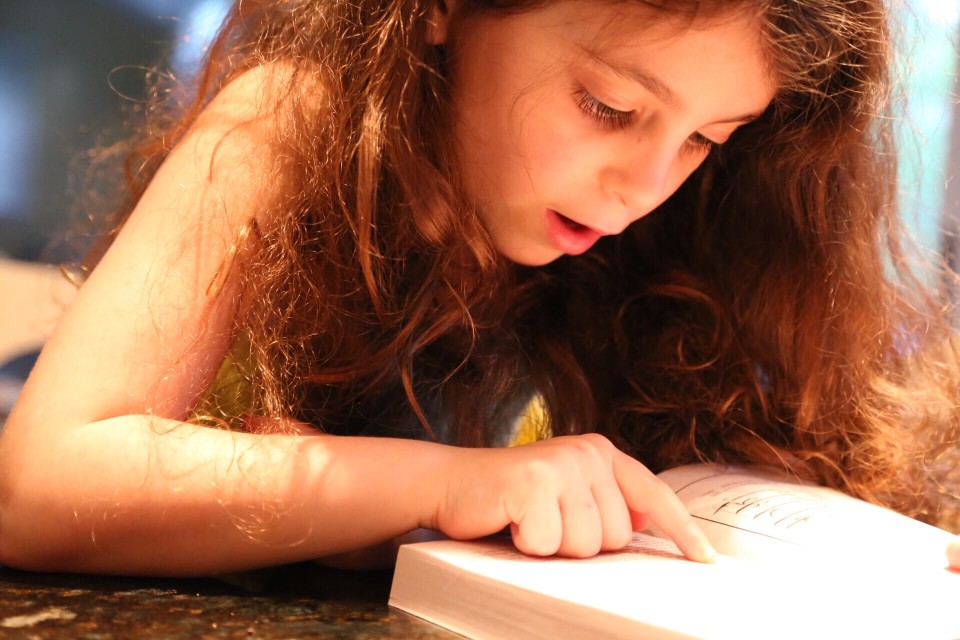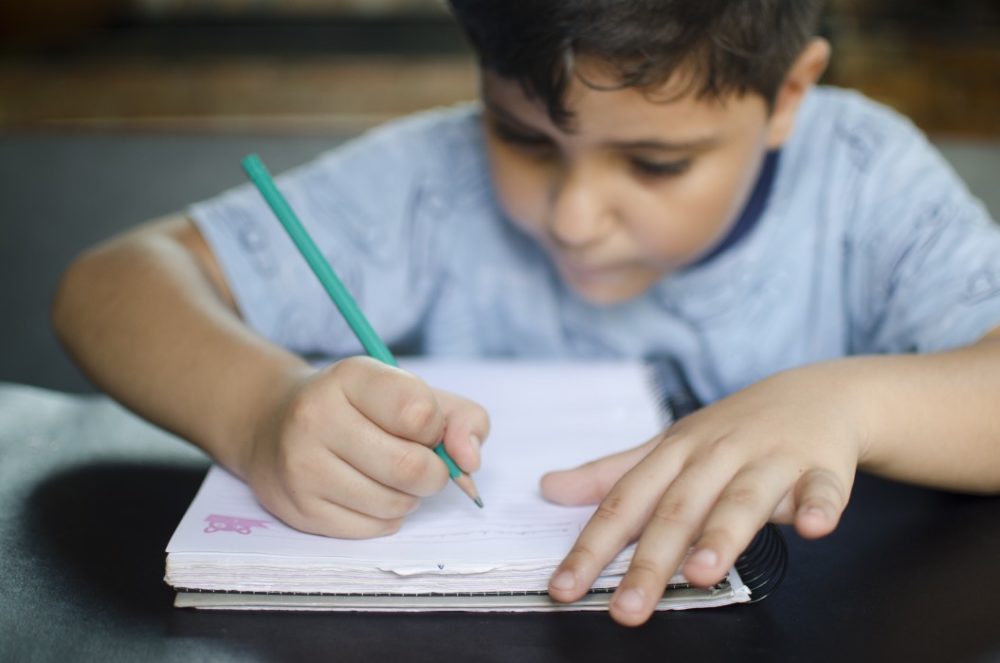Commitment to Learning
More Topics
Social Competence
Asset 25: Reading for Pleasure
Reading for fun teaches young people how to become strategic, skilled readers. They learn the difference between reading for a test and reading for pleasure. They learn when to read carefully or skim, ask questions or consult a dictionary.
Asset 24: Bonding to School
Research shows that young people who care about their school are less likely to be involved in violence or the use of alcohol and other drugs. They also are more likely to become good leaders, value diversity, and succeed in school.
Asset 23: Homework
In addition to reaching academic goals, doing homework teaches young people to follow directions, manage their time, and work on their own.
Asset 22: School Engagement
Help young people understand that academics are just part of the education they must complete to successfully attain goals.
Asset 21: Achievement Motivation
Doing well academically doesn’t have to mean getting straight A’s or being the valedictorian. It does mean doing their best work and caring about their performance, whether they’re creating an art portfolio or writing an essay.
Asset 21: Achievement Motivation Asset 22: School Engagement Asset 23: Homework Asset 24: Bonding to School Asset 25: Reading for Pleasure Commitment to Learning
Instilling Commitment to Learning involves a combination of values and skills that include the desire to succeed in school, a sense of the lasting importance of learning, and a belief in one’s own ability.
Commitment to Learning Positive Identity Positive Values Social Competence
Young people learn by example and repetition. Model and explain how your own behavior upholds the values and beliefs you—and your family—have.
Boundaries and Expectations Commitment to Learning Constructive Use of Time Empowerment Positive Identity Positive Values Social Competence Support
The secret to helping children and youth grow into happy, healthy, and responsible adults isn’t really a secret at all. Research from Search Institute identifies 40 Developmental Assets that have a powerful, positive impact on young people.







